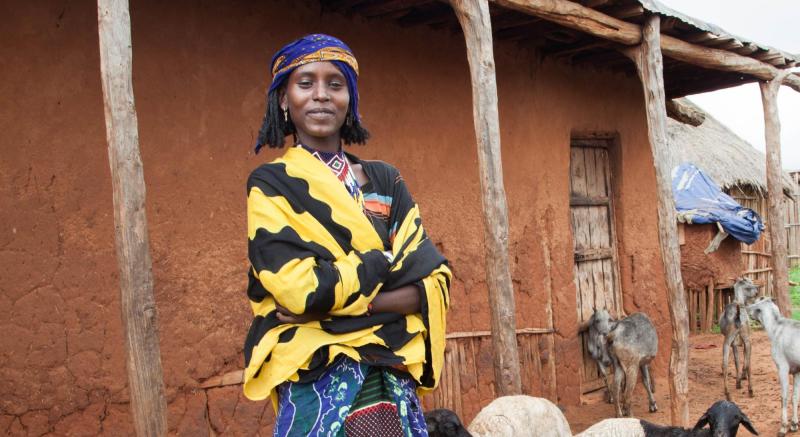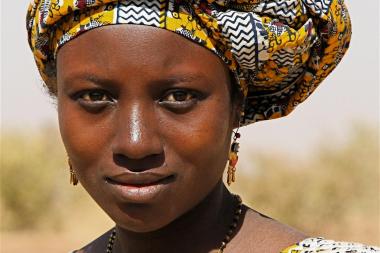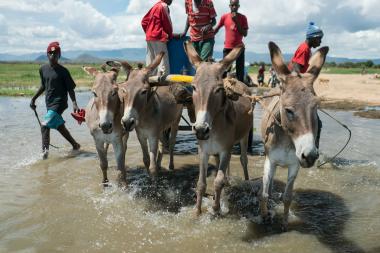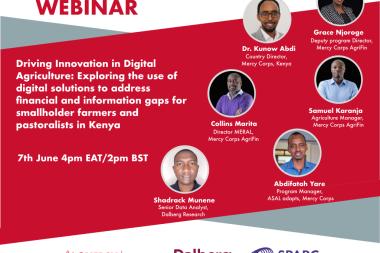Report: Resilient Generation: supporting young people’s prospects for decent work in the drylands of east and west Africa
This report reviews opportunities for young people in the drylands of Ethiopia, Nigeria, South Sudan, Somalia, Sudan and Mali to pursue climate-resilient decent work, and provides key recommendations.
The east and west regions of Africa have a young population – with under-18 year olds making up approximately 50 per cent of the population in most countries. This is a boon for labour markets. However, it also presents challenges for governments and development agencies to provide decent, meaningful income-generating opportunities for young people. People in the rural, predominantly arid and semi-arid areas of these regions – or drylands – face these issues.
Drylands are areas with high (climate) variability, low soil fertility, sparse and mobile populations, areas that are remote from and poorly served by development infrastructure, weak institutions and human capital. They are also rich in traditional and local knowledge and ethnic and cultural diversity.
These interrelated factors can cause challenges in delivering services, poor access to markets, lower productivity, and a lag in human development. Climate change and other shocks, including conflict, also continue to create new and emerging risks for rural livelihoods and young people’s opportunities to secure climate-resilient, decent work.
Despite this, arid and semi-arid areas offer economic opportunities that build on the strengths of agriculture and pastoralism, including livelihood diversification. This includes tourism, processing and service industries, renewable energy production (including solar, geothermal and wind power) and the use of new and green technologies.
To date, few policies and programmes have targeted education, skills development and employment support to young people in drylands. Policy debates and programme design have also largely overlooked gender, age and poverty dynamics, and other intersecting social identities - such as ethnicity, religion, (dis)ability and geography. All of these factors influence young people’s experiences, ideas, and aspirations.
Traditional gender and social norms, roles and responsibilities also influence livelihood options and income-generating activities for young girls and disadvantaged groups, including their access to and control over assets and resources.
Taking a regional approach, this report focuses on opportunities for young people in Ethiopia, Nigeria, South Sudan, Somalia, Sudan and Mali. It aims to:
Review the factors that currently shape dryland youths’ livelihood and work prospects and their trajectories as young adults;
Highlights key knowledge and research gaps, including the need for more longitudinal research in the drylands, and more studies on pandemics and their impact on rural youths' access to work and vocational training;
Examine the opportunities and provide recommendations for external actors to work with young people in drylands to broaden their ‘opportunity windows’ for decent work in a way that is fully gender-responsive and socially inclusive of young people in all their diversity.
The report provides a series of recommendations for:
Strengthening young people’s educational foundations for decent work, in the drylands;
Vocational training and guidance for young people in the rural drylands;
Broadening young people’s sense of choice and access to wider economic opportunities in drylands, including through climate-resilient, low carbon vocations; and
Addressing the enabling environment to support young people to access and secure decent work in dryland regions.
Don’t miss the Resilient Generation issue brief accompanying this report.
This research report was produced in partnership with the Gender and Adolescence: Global Evidence programme.



